Insurance claims can be complex, and receiving an adjuster’s estimate that seems too low is a common frustration for policyholders. Recognizing the signs of an undervalued estimate is crucial to ensure fair compensation for property damage or losses.
Key indicators of a low insurance adjuster estimate include discrepancies between the adjuster’s figures and independent contractor quotes, omission of visible damages, and use of low-quality materials in repair calculations. Policyholders who suspect their estimate is insufficient should carefully review the details, gather supporting evidence, and be prepared to negotiate with their insurance company.
Understanding these signs empowers homeowners and claimants to advocate for themselves effectively. By identifying potential issues early in the claims process, individuals can take proactive steps to address discrepancies and work towards a more accurate and fair settlement.
It’s also recommended that you work with an insurance lawyer on your claim. Oftentimes, just having an attorney on your side means the insurance company will take you more seriously.
If you are a Florida resident dealing with a property damage claim, Landau Law can help. Contact us today for a free case review!
Identifying a Low Estimate
Insurance adjuster estimates can sometimes fall short of accurately reflecting the true costs of repairs or damages. Recognizing the signs of an undervalued estimate is crucial for policyholders seeking fair compensation.
Discrepancies in Repair Costs
Comparing the adjuster’s estimate to independent contractor quotes can reveal discrepancies. If the insurance estimate is significantly lower than professional repair assessments, it may be too low.
Obtain at least three quotes from reputable contractors for the necessary repairs. These quotes should detail labor costs, materials, and any specialized equipment needed.
Compare the itemized costs in the adjuster’s estimate to those in the contractor quotes. Look for missing items or undervalued expenses in the insurance estimate.
Pay attention to the quality of the materials specified. The adjuster may have used lower-grade materials in their calculations, leading to a reduced estimate.
Mismatched Scope of Damage
A low estimate often stems from an incomplete assessment of the damage extent. Review the adjuster’s report carefully to ensure all affected areas are included.
Check if the estimate covers secondary damages, such as water damage from a roof leak. These consequential damages should be part of the scope.
Look for omissions in the report, such as damaged personal property or structural issues that may not be immediately visible.
Document any discrepancies between your observations and the adjuster’s report. Take photographs and videos to support your claim if certain damages were overlooked.
Unaccounted Costs
Low estimates often fail to include all associated expenses. Review the estimate for missing indirect costs related to the damage or repair process.
Check if temporary housing costs are included if your home is uninhabitable during repairs. These expenses should be covered under most policies.
Look for allowances for debris removal, permits, and inspections. These necessary steps in the repair process can add significant costs.
Ensure the estimate accounts for upgrades required to meet current building codes. Many policies include code upgrade coverage that should be reflected in the estimate.
Consider future costs, such as potential mold remediation in water damage cases. The estimate should address preventative measures to avoid secondary issues.
Market Value Comparison
Compare the adjuster’s estimate to current market rates for materials and labor in your area. Low estimates may not reflect recent price increases or local market conditions.
Research the average costs for similar repairs or replacements in your region. Online resources and local contractors can provide insight into typical expenses.
Consider factors that might affect costs, such as the age of your home, specialized materials, or unique architectural features. These elements can impact repair expenses.
Be aware of seasonal price fluctuations, especially for materials like roofing or siding. Ensure the estimate accounts for current market prices rather than outdated figures.
If your policy includes replacement cost coverage, verify that the estimate reflects the full cost to replace damaged items with new ones of similar quality and utility.
Actions to Take Following a Low Estimate
When faced with a low insurance adjuster estimate, policyholders have several options to address the situation. Taking proactive steps can help ensure fair compensation for damages.
Communicating With Your Adjuster
Reach out to your insurance adjuster to discuss your concerns about the low estimate. Clearly explain why you believe the amount is inadequate. Present any supporting documentation you have gathered.
Ask for a detailed breakdown of their calculations. This can help identify any discrepancies or overlooked items. Request clarification on specific line items that seem undervalued.
If the adjuster is unresponsive or unhelpful, escalate the matter to their supervisor or the insurance company directly. Keep a record of all communications, including dates, times, and key points discussed.
Documentation and Evidence Collection
Gather extensive documentation to support your claim. Take clear, high-resolution photos and videos of all damaged areas. Include close-ups and wide shots to provide context.
Create a detailed inventory of damaged items. Include purchase dates, original costs, and replacement values. Keep receipts for any emergency repairs or temporary accommodations.
Obtain written statements from contractors explaining why certain repairs are necessary. Collect any relevant expert opinions or reports that support your position.
Negotiation Strategies
Prepare a well-organized case before entering negotiations. Present your evidence and additional estimates in a clear, logical manner.
Focus on specific discrepancies between your documentation and the adjuster’s estimate. Use neutral, fact-based language to avoid confrontation.
Be willing to compromise on minor points while standing firm on major issues. Consider proposing a settlement range rather than a fixed amount.
If negotiations stall, request a new adjuster or mediator to review the claim. Some insurance companies offer dispute resolution services to help reach an agreement.
Seeking Professional Assistance
Consult with an attorney specializing in insurance claims if the dispute remains unresolved. They can advise on your rights and options under your policy and state law.
Consider filing a complaint with your state’s insurance regulatory agency. This can sometimes prompt the insurance company to reevaluate their offer.
In cases of significant discrepancies, explore the possibility of arbitration or mediation. These alternatives to litigation can be faster and less costly than going to court.
If all else fails, you may need to consider legal action. Be aware of any time limits for filing lawsuits specified in your policy or state law.
Contact Landau Law
Landau Law specializes in handling insurance claim disputes. Our experienced insurance attorneys can provide valuable assistance when dealing with low adjuster estimates.
When reaching out, have key documents ready:
- Insurance policy
- Adjuster’s estimate
- Any evidence supporting a higher claim value
- Photos or videos of damage
- Repair quotes from contractors
Landau Law’s attorneys can review your case details and advise on the best course of action. We may negotiate with the insurance company on your behalf or represent you in court if needed.
Working with a legal professional can level the playing field against insurance companies. Landau Law’s expertise in insurance law can help ensure you receive fair compensation for your claim.
Remember to act promptly, as there may be time limits for disputing an adjuster’s estimate. Contacting Landau Law early in the process can improve your chances of a favorable outcome.
Florida Property Damage Lawyers
Insurance Blog Posts
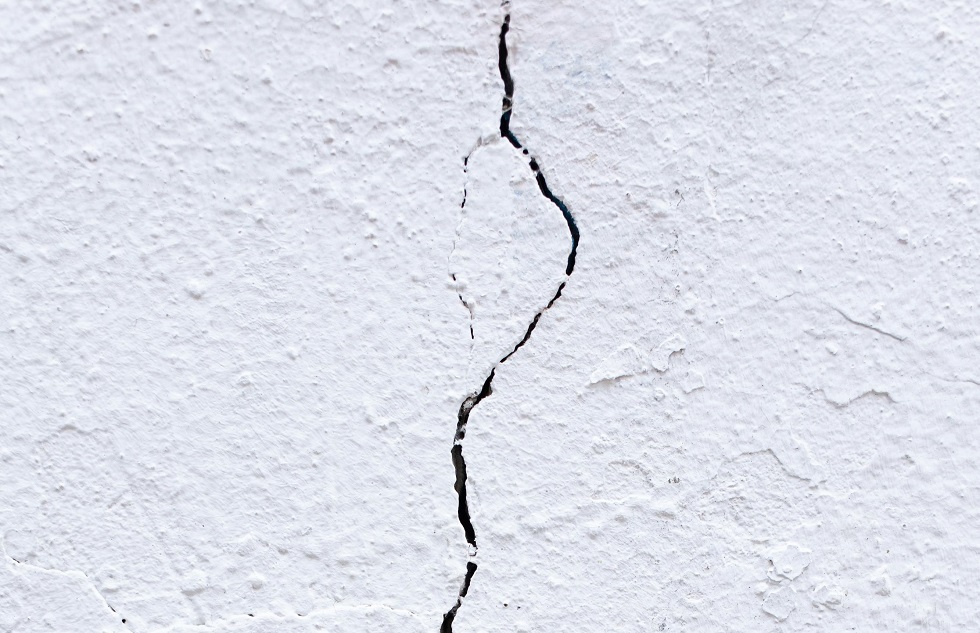
How Do Home Insurance Companies Determine Pre-existing Damage?
Home insurance companies employ various methods to assess pre-existing damage when evaluating property damage claims. This process is crucial for insurers to determine the validity and extent of coverage for property damage. Insurance adjusters conduct thorough visual...
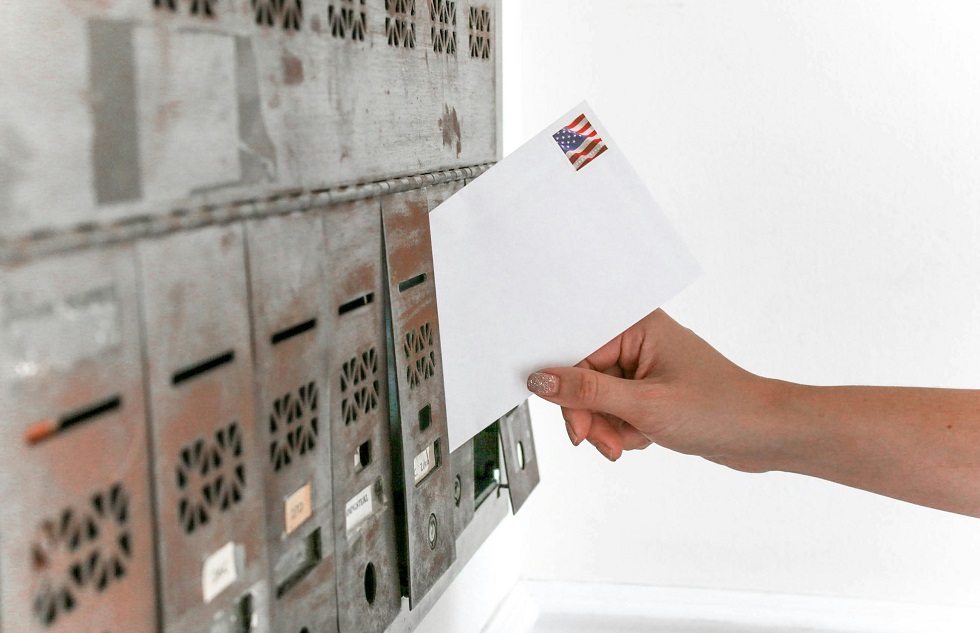
What To Do If You’re Denied Hurricane Damage Claim For Home
Hurricane damage can be devastating for Florida homeowners, leaving them in a state of distress and financial uncertainty. When insurance claims for such damage are denied, it adds another layer of stress to an already difficult situation. Facing a denied claim...
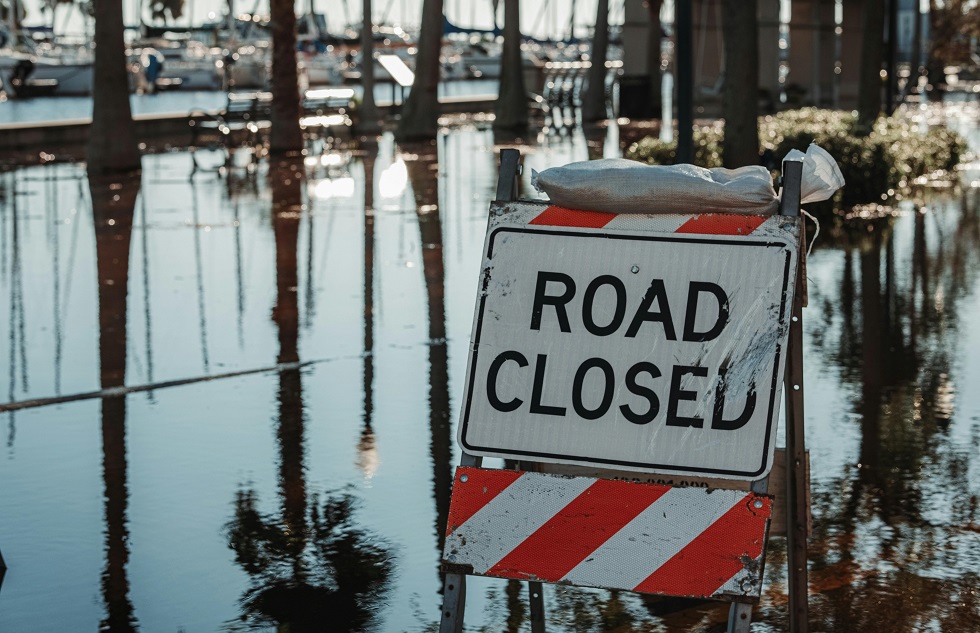
Guide To Documenting Damages For A Florida Flood Claim
Proper documentation of flood damage is crucial for a successful insurance claim in Florida. When floodwaters recede, homeowners face the daunting task of assessing and recording the extent of their losses. Thorough documentation, including photos, videos, and...

What To Do If You Disagree With A Home Insurance Adjuster
Dealing with a home insurance claim can be stressful, especially when you disagree with the adjuster's assessment. Many homeowners find themselves in this frustrating situation after experiencing property damage or loss. If you disagree with the insurance adjuster's...

Common Reasons Your Florida Hurricane Damage Insurance Claim May Be Denied
Florida homeowners face a daunting challenge when their hurricane damage insurance claims are denied. Understanding the common reasons for these denials can help you navigate the claims process more effectively. Insurance companies may deny claims due to inadequate...
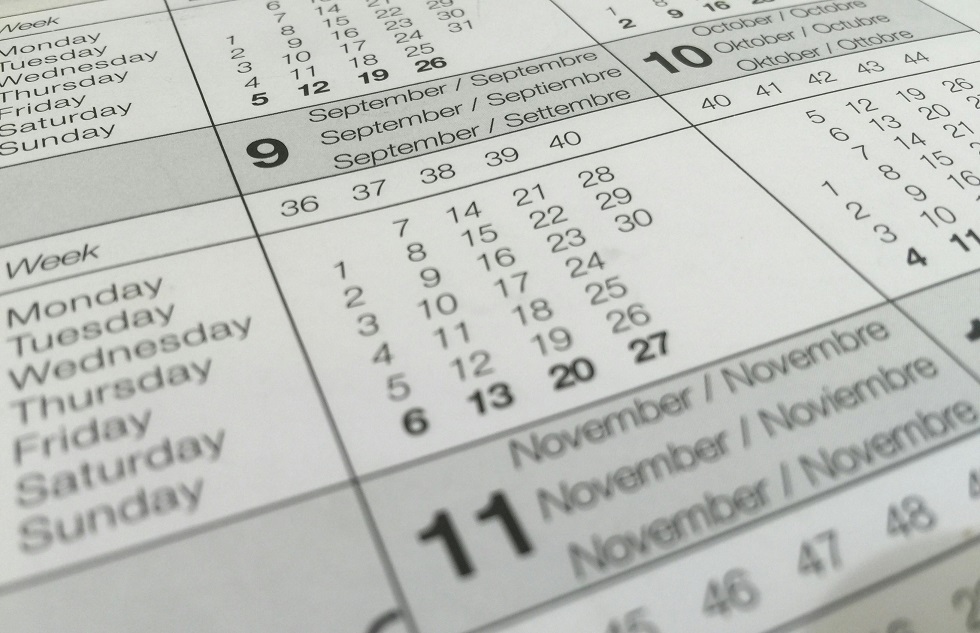
How Long Does An Insurance Company Have to Pay a Claim in Florida?
How long does my insurance company have to settle a claim in Florida? Dealing with insurance claims can be a complex process, especially when you're unsure about the timeline. In Florida, insurance companies don't have a specific deadline to pay out claims. Instead,...

How To Prepare For A Recorded Statement
Giving a recorded statement for an insurance claim can be a crucial step in the process. It's important to approach this task with careful preparation and a clear understanding of its potential impact on your claim. Take time to outline the key facts of your claim...
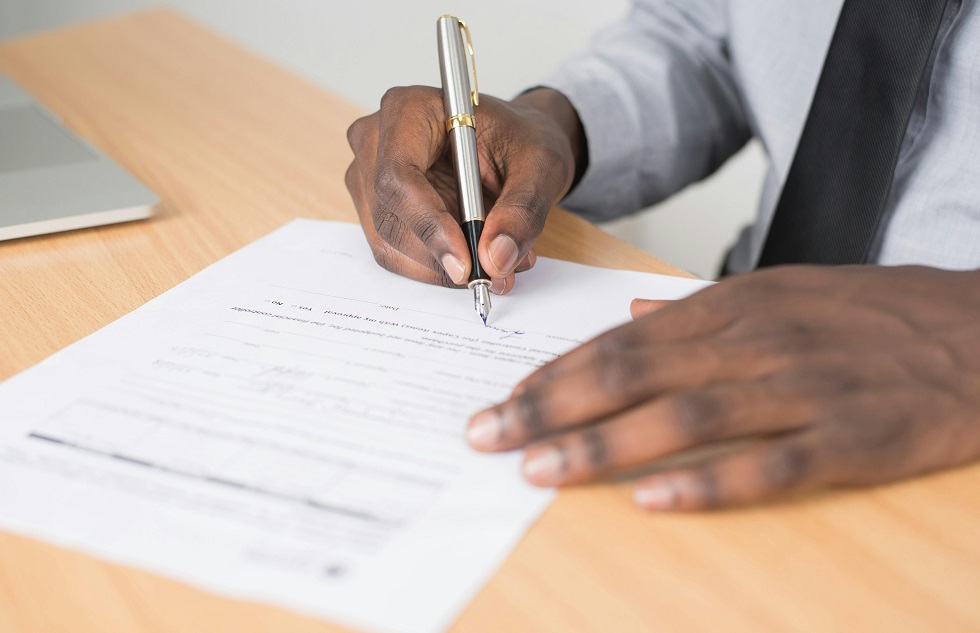
What Is A Property Damage Release Form? Essential Document for Claim Resolution
When dealing with property damage claims, you may encounter a document called a property damage release form. This legal instrument plays a crucial role in finalizing insurance claims and settling disputes related to damaged property. A property damage release form is...




